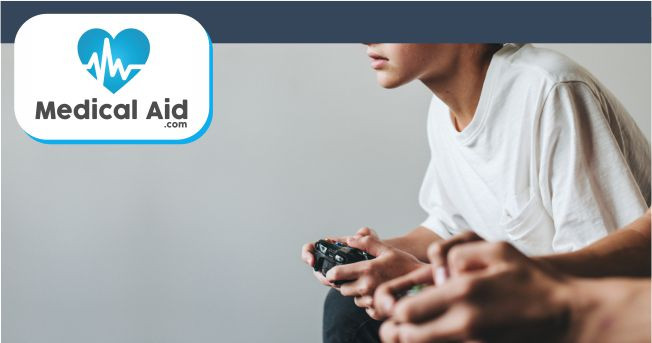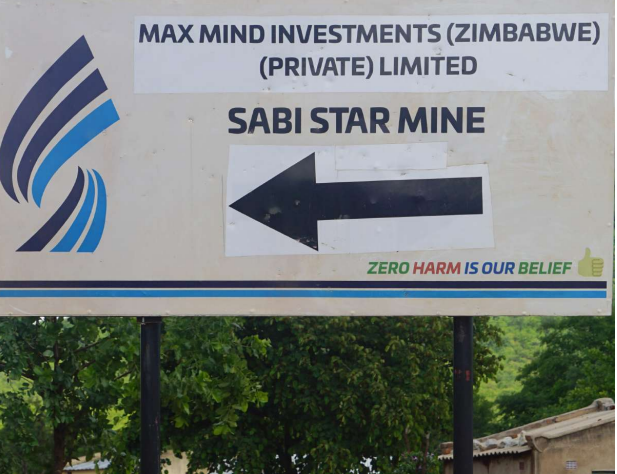
Medical aid schemes are willing to pay for rehab in the same manner that they would for any other condition. Medical aides are always concerned with keeping their clients healthy.
They have discovered in recent years that helping with gaming addiction treatment is a beneficial step, and many of their clients require this service.
Covering their clients for addiction treatment is in their clients' best interests because addiction creates several health issues. It is also based on a government-mandated minimum requirement.
So, depending on which they are and what plan you are on, Medical Aids and Hospital Plans do pay a big number of expenditures associated to addiction and rehabilitation. In this way, Medical Aid schemes reduce the danger of the costs of related extended health problems.
Understanding gaming addiction and treatment
A gaming disorder, often known as "video game addiction," is a pattern of game-playing behaviour that is difficult to control and that continues unabated despite substantial negative consequences in other aspects of the gamer's life.
The World Health Organisation (WHO) officially recognised disordered gaming behaviour as a mental health problem, including "gaming disorder" in the 11th edition of its International Classification of Diseases (ICD-11).
According to the guidance, gaming disorder is distinguished by "impaired control" over gaming, which causes it to take precedence over other interests and activities. Even though it causes "significant impairment" in areas such as personal relationships, education, or employment, the gaming behaviour remains.
- Toxic smoke chokes Karoi residents
- Opinion: Corruption a threat to viability of health systems
- Medical aid societies defend service charges
- Health talk: Zim health system grapples with corruption
Keep Reading
Signs of gaming addiction
The WHO defines Gaming Disorder as: “A pattern of gaming behaviour characterised by impaired control over gaming, increasing priority given to gaming over other activities to the extent that gaming takes precedence over other interests and daily activities, and continuation or escalation of gaming despite the occurrence of negative consequences”.
Common signs of gaming addiction include:
- Withdrawal symptoms, including anger, depression, feelings of restlessness and/or irritability
- Preoccupation with thoughts of previous online activity or anticipation of the next online session
- Experiencing intense feelings of guilt because of playing
- Lying to friends or family members about the amount of time spent playing, as well as an inability to cut back on playing hours
- Losing friends and isolation from others as more time is spent gaming
- Reckless spending of money on gaming
- Being so immersed in the gaming that the individual loses touch with reality
- Losing interest in previous enjoyable activities
- Fatigue and migraines due to intense concentration or eye strain
- Falling behind in school and work, and performing poorly
- Carpal tunnel syndrome caused by the overuse of a controller or computer mouse
- Poor personal hygiene
Addiction cover and your medical aid
In South Africa, medical aid schemes pay the costs of addiction and psychiatric rehabilitation.
Your medical aid scheme will authorise the cover of treatment at rehabilitation centres, which include psychiatric rehabilitation, based on your diagnosis.
There are various plans available, each with its own set of benefits. Contact the rehab assistant team for additional information about rehabilitation centres and how they may assist you in getting your medical aid plan to pay the basic fees.
Also read: Medical aid schemes abusing citizens










